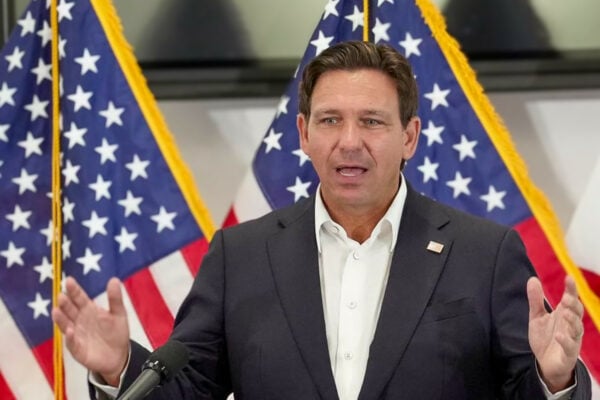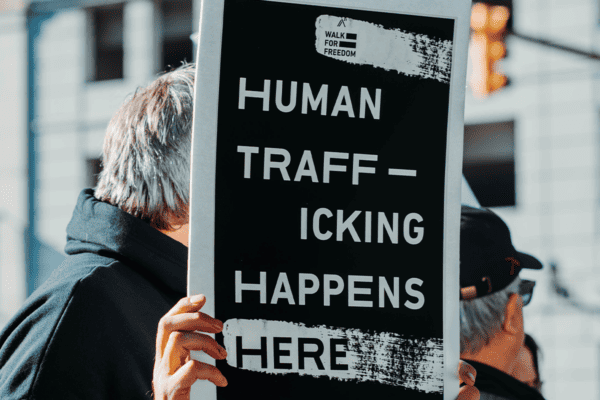U.S. Supreme Court sides with Florida in Big Tech censorship, shadow-banning case

TALLAHASSEE, Fla. – The U.S. Supreme Court unanimously sided with Florida in a case where NetChoice, a “Big Tech” company, challenged a Florida social media law aimed at protecting an individual’s freedom of speech.
“We are pleased that SCOTUS agreed with Florida and rejected the lower court’s flawed reasoning—invalidating our social media law,” Florida Attorney General Ashley Moody said. “While there are aspects of the decision we disagree with, we look forward to continuing to defend state law.”
The case followed a lengthy legal battle against SB 7072, which restricts social media companies from engaging in censorship, shadow-banning, and unfairly prioritizing posts. The law also prohibits the deplatforming of U.S. political candidates or journalistic enterprises and mandates that social media platforms adhere to specific criteria when limiting user speech.
Moody is representing the state in the case against NetChoice, a tech group that also sued Texas for Big Tech restrictions.
However, Texas’ law ended up being upheld, signaling conflicting legal opinions across the country’s court system and a likely determining factor in the highest court of the land looking to issue a final ruling.
The Supreme Court’s Monday ruling said NetChoice, whose members include Facebook and Youtube, brought “facial First Amendment challenges” against Florida and Texas’ laws, leading district courts in both states to enter preliminary injunctions.
The court stated the following in Monday’s determination:
“The judgments are vacated, and the cases are remanded, because neither the Eleventh Circuit nor the Fifth Circuit conducted a proper analysis of the facial First Amendment challenges to Florida and Texas laws regulating large internet platforms.”
According to the Free Speech Center, In U.S. constitutional law, a facial challenge contends that a government law, rule, regulation, or policy is unconstitutional as written — that is, on its face. This challenge differs from an as-applied challenge in that it invalidates a law for everyone — not just as that law is applied to the particular litigant challenging it.
“NetChoice’s decision to litigate these cases as facial challenges comes at a cost,” the court continued. “The Court has made facial challenges hard to win. In the First Amendment context, a plaintiff must show that ‘a substantial number of [the law’s] applications are unconstitutional, judged in relation to the statute’s plainly legitimate sweep.’”
The court said that so far in these cases, “no one has paid much attention to that issue.




